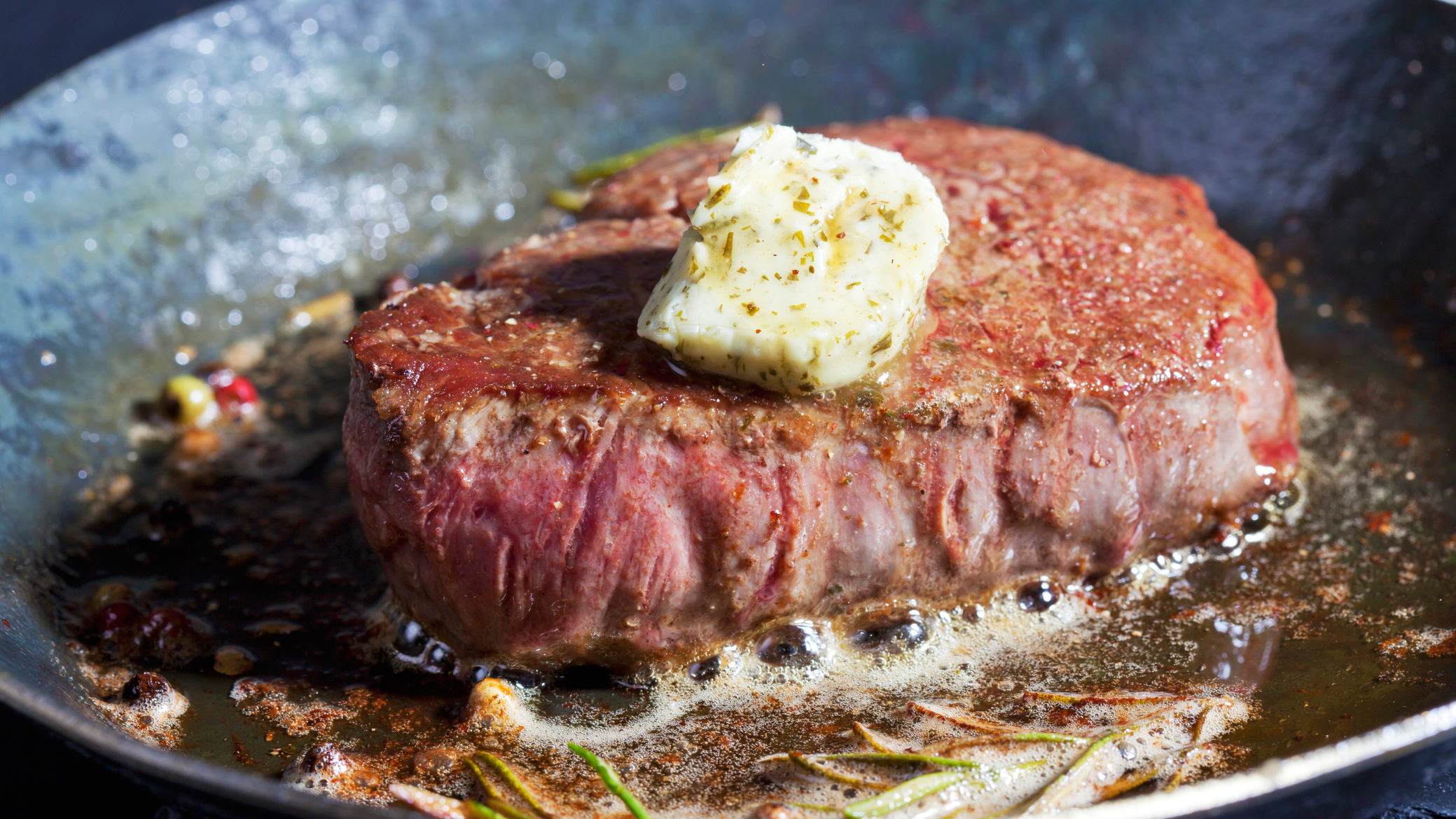High fat diets could be causing chronic health problems, but is keto safe?
The Western diet is associated with chronic health problems – but what does this mean for low-carb, high-fat keto followers?


Our diets are typically divided into three "macronutrients": protein, carbohydrates and fat. Many years ago, we thought dietary fats were the reason we were gaining weight, but new science has shifted the blame onto eating too many "simple" carbohydrates that turn into energy faster than we can use it. This has made high-fat, high-protein and low-carbohydrate diets, like the ketogenic diet, extremely popular for weight loss with loads of success stories attached.
However, whether you love throwing cuts of meat onto the best health grill, or you opt for some of the healthy fats from avocados and other plant-based sources (you can check out our best vegan cookbook list for some inspiration here) recent news likely made you sit up and take notice. The Western diet, which is naturally high in fat, can increase the risk of painful disorders common in people with diabetes or obesity, according to a study published in June.
Published by the University of Texas Health Science Center, the researchers found typical Western diets high in omega-6 polyunsaturated fats served as a significant risk factor for "both inflammatory and neuropathic" chronic pain issues. While omega-6 does have recorded benefits, including being associated with a decreasing heart disease risk according to Harvard University, this new study claims too much fat is associated with inflammatory, painful conditions in overweight and obese individuals.
The study's authors write: "Omega-6 fats, mainly found in foods with vegetable oils, have their benefits. But Western diets associated with obesity are characterized by much-higher levels of those acids in foods from corn chips to onion rings, than healthy omega-3 fats, which are found in fish and sources like flaxseed and walnuts."

What does this mean for the keto diet?
It's worth noting people who are practising the ketogenic diet are likely to avoid some of the foods listed above. Although the omega-6 fats might be associated with some health benefits, along with the much more conclusively beneficial omega-3, part of the reason the Western diet is so high in fat is that so many of its unhealthy staples are fried and roasted in copious amounts of vegetable oils.
These are often simple carbs like white potatoes or processed meats, all of which have been confirmed to be associated with weight gain, hypertension and considered contributors to cancer. These will also, coincidentally, be high in omega-6's due to the excess amounts of oils used.
Avoiding unhealthy deep-fried and roasted foods, and opting for healthier sources of fat such as nuts, seeds, fish, coconut oil, a little olive oil and good-quality cuts of meat, are likely to be high priority for people following the ketogenic diet. So as long as you're eating a well-balanced array of unprocessed foods, you're likely going to be fine.
Start your week with achievable workout ideas, health tips and wellbeing advice in your inbox.
If it's a concern, you could always try an air fryer, which uses a tiny amount of oil and circulates it around its contents using hot air currents. The end result is a crisp, even coating using a fraction of the amount of the oil needed to produce similar results in an oven, saucepan or fryer. Our guide to the best air fryers is the place to get started here.
Matt Evans is an experienced health and fitness journalist and is currently Fitness and Wellbeing Editor at TechRadar, covering all things exercise and nutrition on Fit&Well's tech-focused sister site. Matt originally discovered exercise through martial arts: he holds a black belt in Karate and remains a keen runner, gym-goer, and infrequent yogi. His top fitness tip? Stretch.
